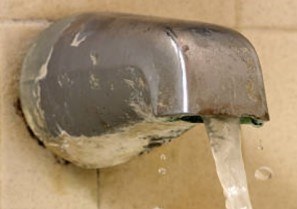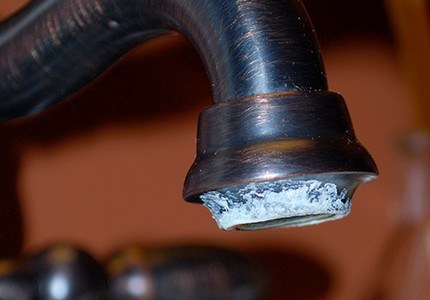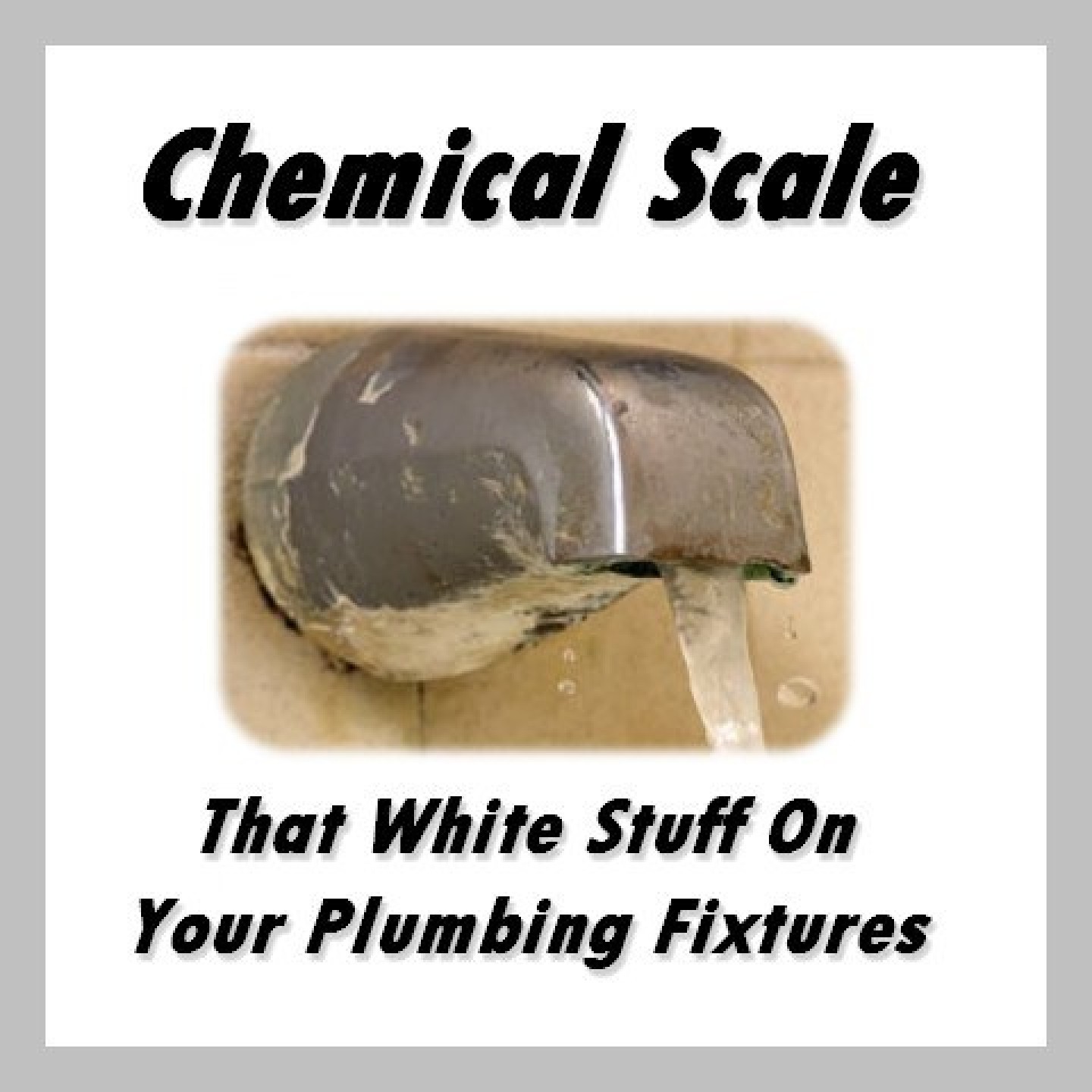You’ve seen it, that crusty white stuff on your faucets, or in the bottom of your electric kettle. It’s calcium, magnesium and lime scale, (just some of the chemicals in your water.) Cleaning scale off of your fixtures is relatively simple. Distilled vinegar and a toothbrush, and any number of life hack blogs can tell you how to remove chemical scale. But what if you could prevent it? Some vinegar and a toothbrush may be a solution for your faucets, but the hard water problems on the outside of your fixtures are not nearly as bad as the accumulation of scale in your pipes and throughout your plumbing system.

Over time hard water deposits affect:
- Pipes
- Water Heaters
- Faucets
- Dishwashers
- Coffee Pots
- Sinks and showers
- Your hair

If you have had scale issues, consider calling in Jersey Plumbing Service, (908) 281-7101, to assess the condition of your pipes as well as your hard water handling systems.
Hard Water Solutions for Your Home Plumbing
Reverse Osmosis Water Filtration
This system improves taste, odor and appearance of water by removing contaminants that cause taste and odor problems. It can boggle the mind how many contaminants are in water. And more importantly not all city/towns will take the extra steps to remove more chemicals than they are required to by law. Reverse Osmosis systems remove pollutants from water including nitrates, pesticides, sulfates, fluoride, bacteria, pharmaceuticals, arsenic and much more. These systems have very few moving or replaceable parts make Reverse Osmosis systems easy to clean and service.
Water softening is the removal of calcium, magnesium, and other metals in hard water. Softer water also extends the life of plumbing by reducing or eliminating scale build-up in pipes and fittings. Water softening is achieved by a mineral tank.
It's filled with small polystyrene beads, also known as resin or zeolite. The beads carry a negative charge. In an ion exchange the resin beads act as the negative charge, and calcium and magnesium both carry a positive charge. The concept behind a water softener is they trade the minerals for something else: sodium. Dual-Tank Water Softeners are also available for larger families who need water frequently. As one tank is regenerating, the other can be in use.
Note: Some states and communities on both coasts have taken issue with concerns over brine backwash ending up in their ground or water supply and have banned the use of salt based water conditioners.


Recent Comments